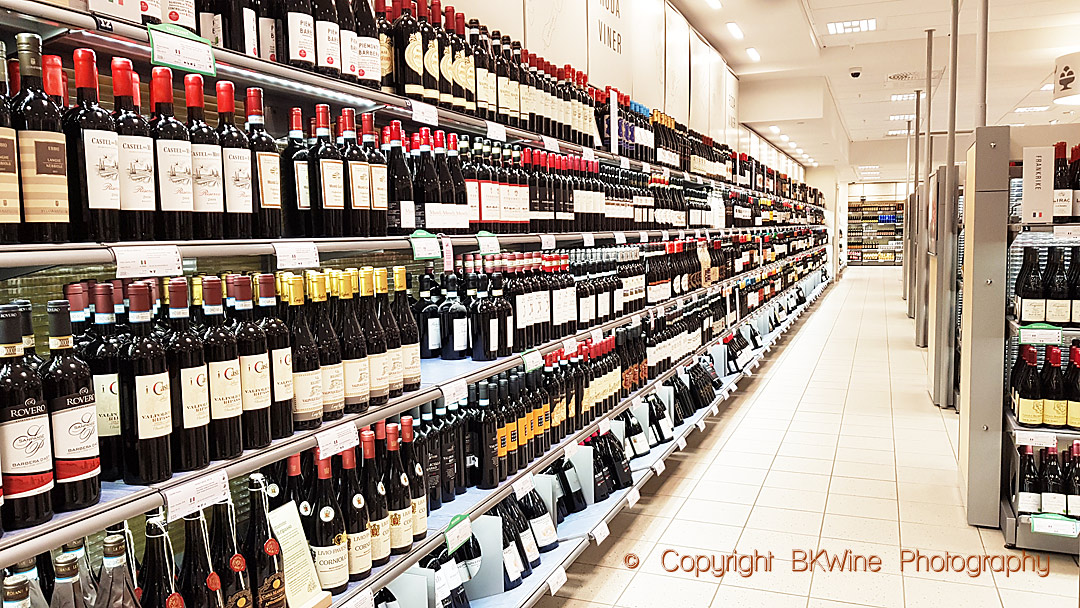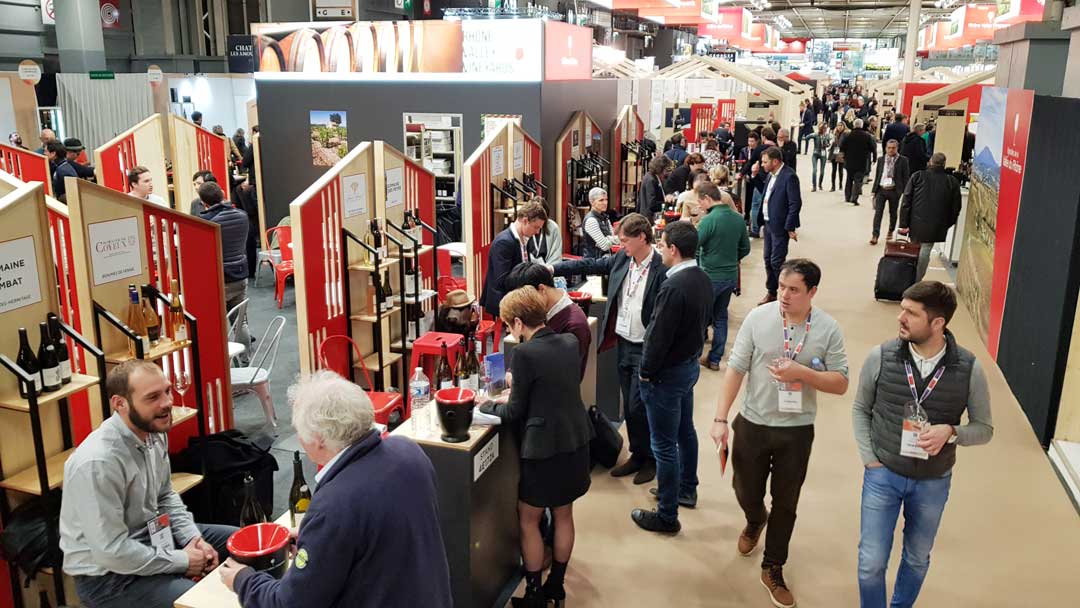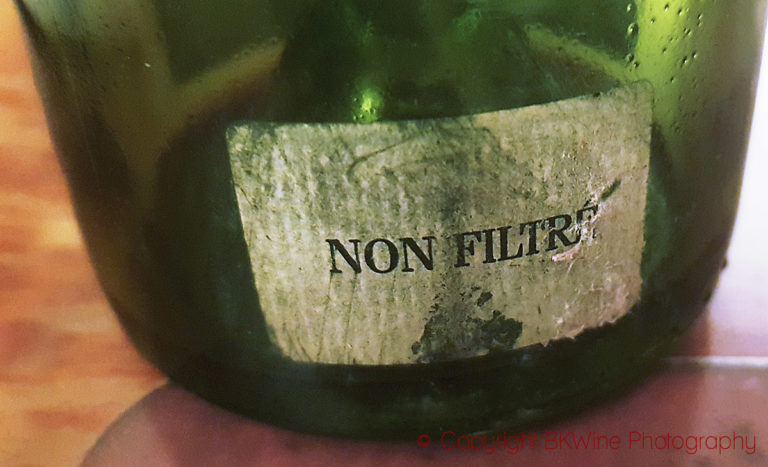A true story
Systembolaget, the Swedish wine and spirits monopoly, usually boasts its wide range of products, but as is well known, the majority of all their listed products, especially quality wines, are the result of the work of private importers. Of the approximately 18,000 items the company offers, only about 2,500 are in the “regular range”. The majority can be found in the on-order range (often called “BS” after its Swedish abbreviation).
[Editor’s note: The on-order range is selected and handled by the wine importers. Systembolaget has no role in this on-order range other than as a payment and delivery point. So calling the on-order range “Systembolaget’s range”, which is so often done, not least by Systembolaget, is misleading.]
[box type=”info”]
“This is a debate article, or banter if you will, written by Carl-Magnus Hedin. C-M has for some time operated a vineyard in southern Sweden (Villa Mathilda) and has also been a wine importer with sales via Systembolaget. Today, the business is focused on distance trading, ie as online wine trading, through Carliot Fine Wines and the e-store at Tidblom with delivery directly to the door. C-M is also a guest writer on BKWine Magazine. ”
[/box]
Who is it then that create this diversity of wines? Well, it is, of course, the private importers of varying sizes. According to the Tax Office in Ludvika, in charge of the registry, in 2017 there were no less than 1754 registered companies with permits to import wine. Of these, many are very small, some are very large. Only a dozen have a market share of more than 3%. BKWine’s Big List of Swedish Wine Importers contains 239 names (September 2019).
[box type=”note”]
Editor’s note:
A very short explanation of the Swedish alcohol market:
The monopoly:
- Systembolaget has a monopoly for retail sales of alcohol. It is a company owned by the government.
- Importing wine (and other alcohol) is not a monopoly. There is a large number of (private) wine importers.
- Wine importers can sell to, or through, Systembolaget.
- Wine importers can also sell to restaurants. Restaurants typically do not buy from Systembolaget but directly from importers.
Alternative channels
- Since a few years, consumers are allowed to buy wines (and other alcohol) from companies (shops or producers) outside of Sweden but within the EU. Many smaller (ex-)importers have chosen to set up shop in e.g. Denmark, Germany or another EU country to sell directly to consumers, instead of trying the lottery of being selected by Systembolaget.
- A number of dedicated internet shops have popped up, selling wine (and other alcohol) to Swedish consumers, with home delivery. These are often run by Swedes but legally based in another EU country.
- But other entities, e.g. wineries, can also sell directly to Swedish consumers (under certain conditions).
The consumption
- A significant part of the consumption comes to the consumers through other channels than the monopoly: carry-with-you when travelling abroad, restaurants, smuggling, homebrews etc.
- Only around 60% of consumption comes from the Systembolaget “monopoly” shops.
- The internet shops so far account for only a very small, but growing, part of the total consumption.
[/box]
Importers leave Systembolaget and opt for online sales
Most wine importers sell through Systembolaget. Either you are in luck your wine is selected by Systembolaget and gets on their range, among the approximately 2,500 products. Or, do it “independently”, selling your wines to consumers via Systembolaget, in the on-order range, i.e. all the other products that can be found on Systembolaget’s site.
But for many smaller players, the on-order range has become increasingly difficult to manage, with demands from the Systembolaget for expensive stock-keeping and inventory systems, high fees and a lot of bureaucracy. More and more people are leaving the Systembolaget channel and are either content to sell only to restaurants (which do not go through Systembolaget) or start with e-commerce. The requirement for being able to sell directly to consumers, without going through Systembolaget, is that it is done through so-called “distance trading” from a foreign company with its stock outside of Sweden’s borders. Complicated, yes, but many still choose this route.

Internet wine shops, growing but small
Not least, Denmark has seen many newly registered companies delivering across the border to Swedish customers. Winefinder is a well-known example that has been around for many years, but there are many others, both large and small. The list of online retailers here on this site, incomplete as it is, names about fifty online traders. Yet, these only account for a drop in the wine sea (if you excuse the metaphor). E-commerce accounts for only 1.2% of the total Swedish wine consumption (2018).
In comparison, smuggling and home-made products account for about 7%. Source: The CAN Report 184.
Politicians, Systembolaget (and others) want to stop online wine sales
The online wine retailers’ trade organization (Nätvinhandlarnas Branschorganisation) was started in 2013 and has its own website. However, there are only eleven members, the board has not been re-elected since 2016 and the latest news post is from October 2017. That the organization is no longer active is a shame, since over-zealous politicians fond of prohibitions, together with Systembolaget are working hard to ban so-called “distance sales”.
Only “distance purchases” should be allowed, they say. In practice, this means that private individuals will continue to be allowed to order alcohol from abroad, but only if they take care of (i.e. arranges for) the transport themselves. This, together with other new restrictions for e.g. marketing, will make it very difficult to conduct e-commerce with wine and spirits. The issue is still being debated within the government, but it will be difficult to get the EU to restrict free movement like this.
How can a small importer or online retailer market themselves?
How, then, as a small wine importer or online retailer can you market yourself today?
Advertising is often far too expensive. It is something only the large players can afford, with large volumes, which spend many millions on appearing in the daily press and other media. No, one has to resort to trade fairs, organize tastings with or without producers and be active on social media.
This trend with consumer trade shows is an interesting phenomenon. The number of drinks fairs has increased significantly in recent years. Often it is in combination with the sale of delicatessen food and wine accessories.
Delicatessen fairs (with wine)
Visitors are met by a sea of Greek olives, Italian Parmesan cheeses and Spanish sausages. The fair can last for 1, 2 or 3 days and you can feel in the whole body when you have been standing for 8-10 hours, poured and talked wine with visitors. These can be more or less knowledgeable about wine. There is everything from those who are over-loaded with knowledge to wine-interested youth who take this as a drink before going on to town. Young people today are very quality conscious, both when it comes to food and the choice of drink. They are often prepared to pay a price premium for wine without a lot of additives and from small scale producers.
My wife and I recently exhibited at Malmö Vin & Deli together with our colleagues in Tidblom Group. We had a small stand of 3 x 2 meters and presented our wines from South Africa, Mosel, Austria and Sardinia. Is it worth it? It depends… The rent for the stand was significant and we even had to pay extra to rent lights (spotlights). The lighting in the room was lowered during the fair to “create a cosy atmosphere”. If you live a bit away, you will have to pay for travel and hotel. To taste wine (5 cl), visitors pay with coupons. Of these, the exhibitor may retain 70-80%, the rest goes to the exhibition organizer. Hard to make that calculation positive.

As an online retailer, however, we have the opportunity to market our e-store at the fair, and also to let anyone who’s interested order one or a couple of cases directly on our computer in the booth. Many people think it is very convenient not having to go to the monopoly Systembolaget shop; instead, the wines are delivered home to the door by a transport company.
After trying fairs for almost a year, we are cautiously positive. It’s nice to meet the “consumer” and talk about wine experiences. As marketing, it is also cheap, compared to advertising in the daily press.
Wine tastings
The most effective thing to do, if you are a small wine importer, is probably actually tastings. Especially with visits from producers, so-called “winemaker’s dinners”, preferably in cooperation with a nice restaurant. The positive atmosphere, hearing the winemaker tell his/her story about their wines and also being able to taste them with some appropriate food, makes many want to order some cases. In addition, you can afterwards make nice stories in newsletters and on social media.
Tough and maybe not so fair
Being a small wine importer operating in the same market as Systembolaget and their large suppliers is tough. Yet we do not regret leaving the monopoly to sell through our own online store instead. Of course, it would have been fun to be able to deliver quality wine to licensed wine shops and grocery stores, as in Denmark and in other civilized countries. The question was recently raised at the Conservative Party’s congress, so who knows?
Carl-Magnus Hedin has worked with communications including with his own agency. Then became winegrower, and now wine importer.









